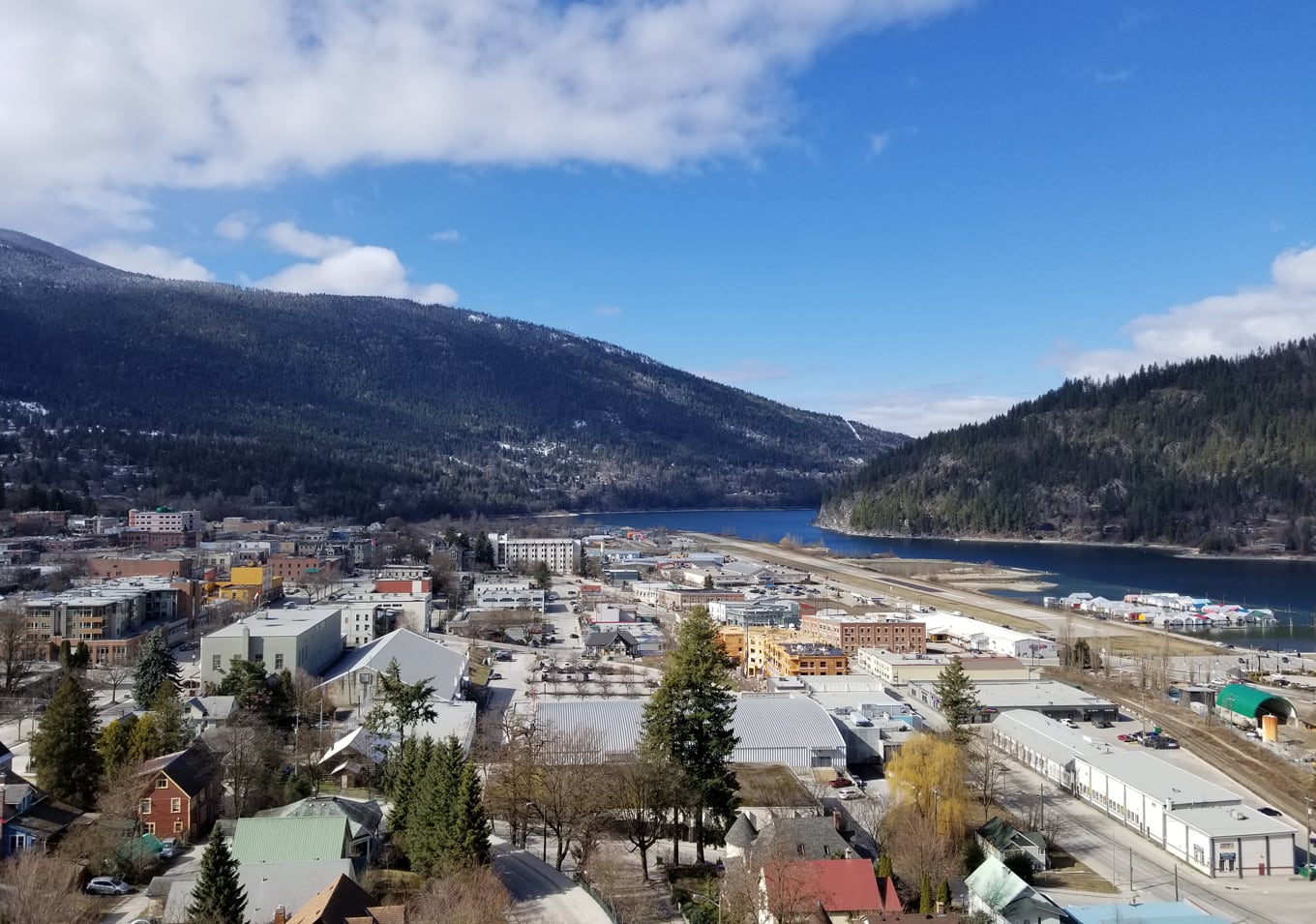City sends message to province for help covering electrical utility costs during Covid-19
Call it a shot in the dark.
The city will be joining the call for a one-time subsidy from the province to help ease the burden of electrical costs to Nelson Hydro customers who may be out of work due to the Covid-19 pandemic.
Back on April 1 BC Hydro announced that residential customers who have lost their jobs or are unable to work as a result of Covid-19 will receive a credit to help cover the cost of their electricity bills through the Crown corporation’s Covid-19 Relief Program.
But BC Hydro’s program is creating an inequity across the province, according to a letter from the City of Penticton to the premier requesting the province provide money in order to fund a relief program aligned with what BC Hydro is offering its customers.
The credit will be three times a customer’s average monthly bill over the past year at their home and does not have to be repaid.
The BC Hydro offering is unfair, says Nelson Hydro general manager Alex Love. For Nelson Hydro to offer a similar rate credit for one fifth of its customer base — based on an estimate of those that might qualify for relief — it would cost the city-owned utility about $303,000 a month, nearly $1 million over three months.
“This type of expenditure would eventually need to be recovered through a rate increase,” he noted. “This inequity is a concern for all of the municipal utilities and FortisBC as well, in that there is a risk that we will all pay for BC Hydro’s benefits.”
The City of Penticton, like the City of Nelson, is one of the five municipalities across the province that operates an electrical utility and, along with the other major utility in the province, Fortis BC, is not offering a credit to their customers at this time.
Love explained that the municipally-owned utilities are not in a financial position to do so.
“As a result, customers of Fortis BC and the municipally-owned utilities are frustrated that they are not receiving the generous relief from the province simply because they are not in the BC Hydro service area,” he said.
A Nelson city staff report to council noted that “it is unlikely that letters to the premier on this topic will directly result in any meaningful impact (i.e. a subsidy to all utilities),” but the letter will show the lack of equity and the need to address it.
The Covid-19 pandemic has “significantly damaged the global economy and forced all levels of government across Canada to provide financial relief to residents,” noted the city staff report.
Charting the credit costs
Just how BC Hydro is funding the relief credits is unclear since the Crown corporation provided no information in this regard.
As BC Hydro is a crown corporate it has funding mechanisms from the Province that are not available to other utilities. It is possible that some of the costs of the credits could potentially be passed onto Fortis BC and the municipally owned utilities through an increase in power purchases costs from BC Hydro.
It is also possible that the cost could be pushed onto provincial taxpayers – which would include taxpayers that were not able to take advantage of the relief because they are not in the BC Hydro service area. Relevant here to such cost accounting, in 2018 BC Hydro’s accounts were adjusted to write off approximately $950 million in deferred costs – which was essentially pushed onto tax payers. It is concerning that this relief program could potentially be “paid” for using similar means as the program is only available to BC Hydro customers and not those of the other utilities.
— Source: City of Nelson
The BC Utilities Commission will address the BC Hydro relief program and its funding in a proceeding in 2021. The city is expected to formally join the proceeding as an intervener.
Other municipalities in similar situations to Nelson include Grand Forks, District of Summerland, New Westminster and Penticton.
Regional airport support
Air transportation has taken a major hit during the travel restrictions related as a result of the Covid-19 pandemic and the West Kootenay Regional Airport (WKRA) is no different.
Since the pandemic began in late March the WRKA has seen revenue losses of nearly 95 per cent, with Canadian Airports Council projecting that Canadian airports will lose $2.2 billion in revenue in 2020.
The city has stepped up with literary support, directing its staff to draft and submit a letter to the relevant federal and provincial ministers encouraging them to provide financial support to the WKRA in light of the revenue losses caused by the Covid-19 pandemic.
As well, the city will be requesting that the federal government improve reliability to the WKRA.
The City of Castlegar is seeking financial support from the federal and provincial governments to help offset revenue losses at the West Kootenay Regional Airport (WKRA) caused by the Covid-19 pandemic.
“I think the airport was doing quite well financially before it had to close in March,” said Mayor John Dooley.
According to mayor of Castlegar, he added, the airport is draining the surplus they had built up for operations and maintenance.
In March, Air Canada cancelled all flights to and from the WKRA and it is unclear when flights will resume.
— Schafer


























